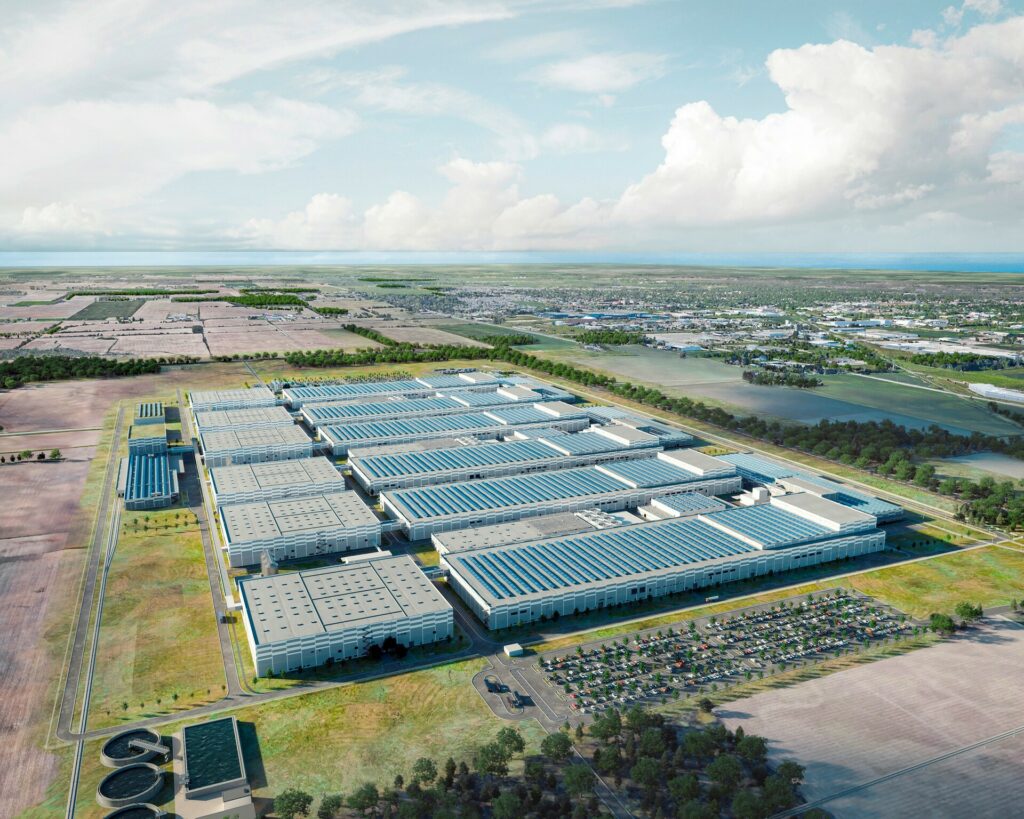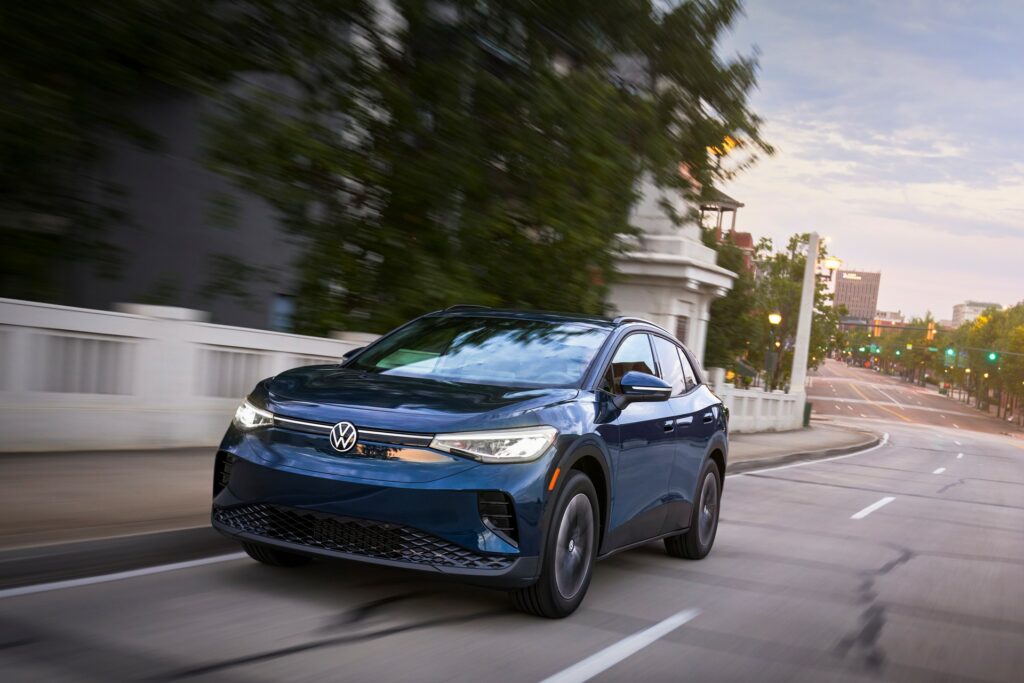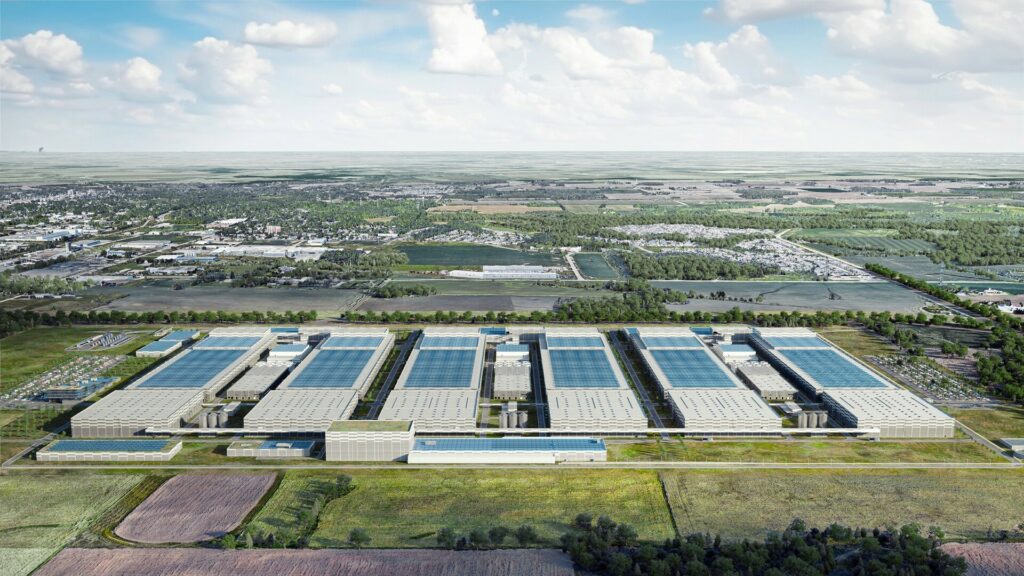Volkswagen and PowerCo SE have released additional details about their battery plant in St. Thomas, Ontario, Canada.
The companies will invest up to $5.3 (£4.2 / €4.8 / $7.1 CAD) billion through 2030 to build PowerCo SE’s largest gigafactory to date as well as their first cell factory in North America. It’s slated to have an annual production capacity of up to 90 GWh and the plant has the potential to create up to 3,000 jobs. That’s before factoring in the “tens of thousands” of indirect jobs that will be created in the region.
Groundbreaking is slated to take place in 2024 and production should begin in 2027. While that’s a ways off, the facility will be tasked with building “cutting-edge unified cells, a whole new cell technology designed for volume production.”
More: Volkswagen Will Build Its First Overseas Battery Factory In Canada

The factory will span approximately 370 acres (150 hectares) and the entire industrial park will cover 1,500 acres (600 hectares). It will be “supplied with 100% CO2-free energy” and the companies said its location in the “heart of the Great Lakes Automotive Corridor” gives them “prime access to the regional research and innovation cluster, [a] talented workforce, good transport infrastructure and established supply chains.”
At an event today, Canadian Prime Minister Justin Trudeau said “When we talk about our made-in-Canada plan, we’re talking about creating good, middle-class jobs now and into the future, we’re talking about clean air for our kids and grandkids, and we’re talking about a strong economy that works for all Canadians. That’s what Volkswagen’s new electric vehicle battery plant in St. Thomas – the largest manufacturing plant in the country once built – is all about.” He went on to describe the facility as a “win for workers, for the community, and for the economy.”

Those sentiments were echoed by Ontario Premier Doug Ford, who remarked “This investment, the largest auto investment in our province’s history, is a big win for Ontario, the people of St. Thomas and surrounding areas.” He added, “We’re thrilled to welcome Volkswagen and PowerCo SE to Ontario and thank them for their tremendous confidence in our province, our workers and our growing electric vehicle supply chain.”
While the jobs are welcome, some Canadians aren’t thrilled with the price tag. CBC News reports the government will provide up to $9.6 (£7.7 / €8.7 / $13 CAD) billion in subsidies over the next decade. Another $517 (£416 / €471 / $700 CAD) million or so will come from the government’s Strategic Innovation Fund.
That’s a staggering amount, but Industry Minister Francois-Philippe Champagne defended it as a good investment. According to CTV News, he said “The payback is five years. That’s a very good investment. Talk to any banker, he would say ‘if you get your money in five years, for a plan that’s going to be there for 100 years, that’s a pretty good deal for Canadians.'”





